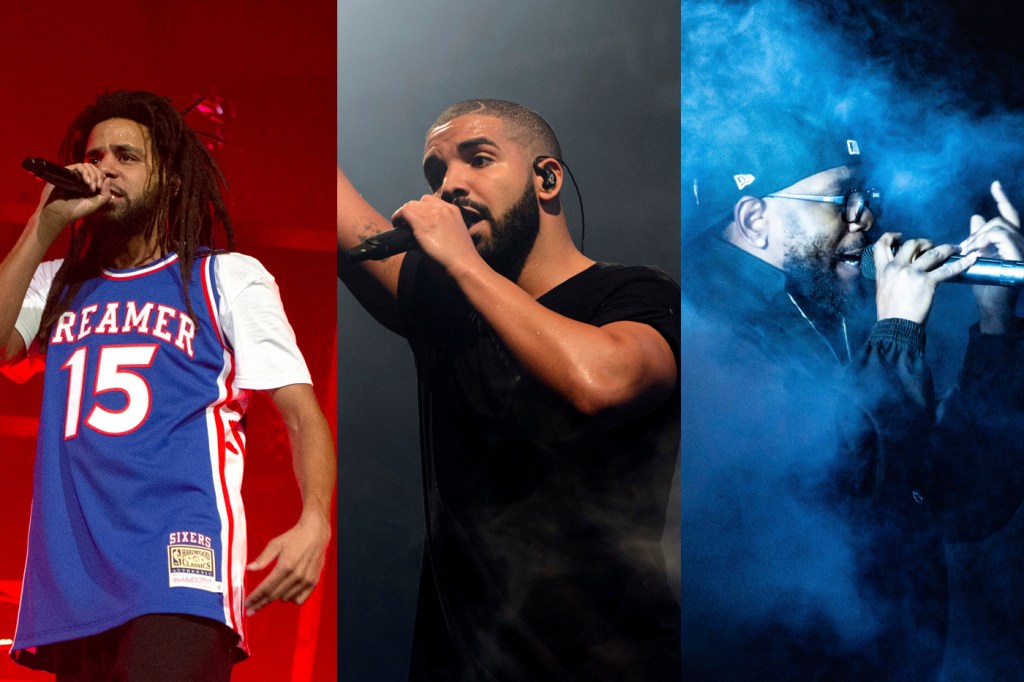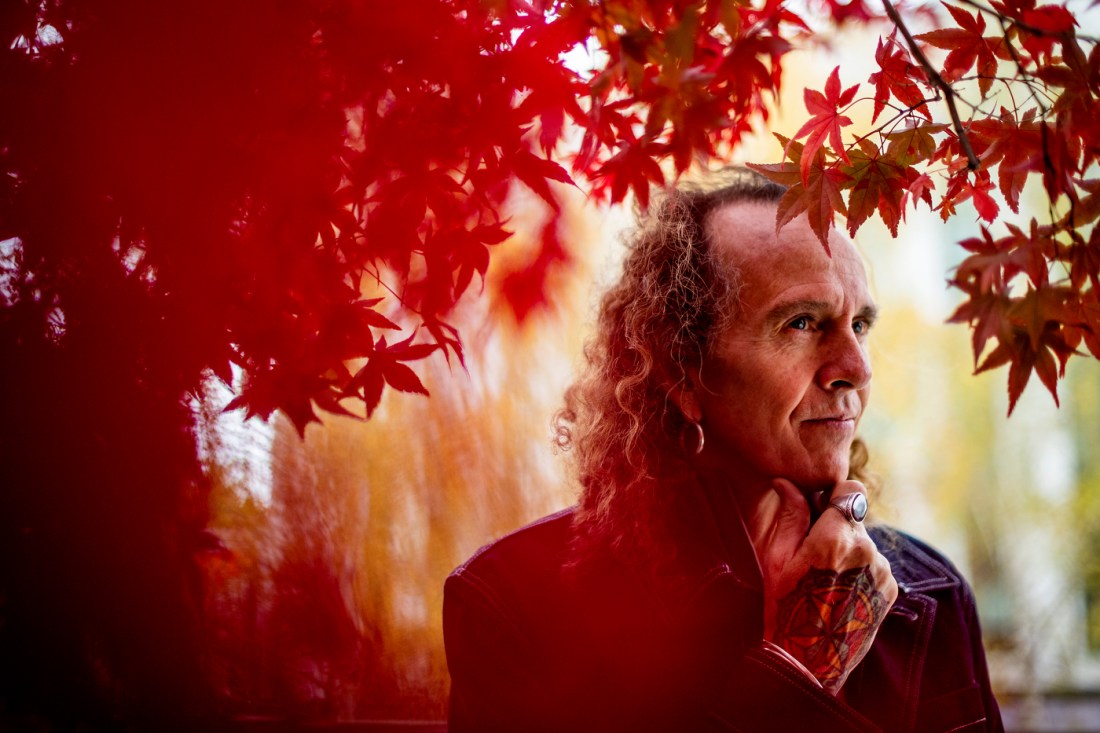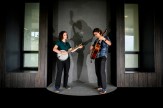Does the beef between Kendrick Lamar, Drake and J. Cole mean anything for rap in 2024?
Beefs and competition among rappers go back to the early days of hip-hop. But in this age of social media and fandom, these things take on a life of their own, says a Northeastern scholar of hip-hop culture.

Kendrick Lamar recently used his uncredited verse on Metro Boomin and Future’s “Like That” to take shots at Drake and J. Cole, sparking the rap world’s latest high-profile beef.
Like so many rappers before him, Kendrick proclaims himself the greatest MC of all –– not one of the “big three,” but just “big me,” as he says on the song. So, why does this matter? Does it even matter?
Murray Forman, a professor of communication studies at Northeastern University and pioneer in the study of hip-hop, says the beef itself is pretty inconsequential –– all three artists are incredibly successful and stand to gain very little –– but beefs like these tend to say a lot about the state of the culture.

“These guys are among the top or the best in that moment, and how we come to understand that moment historically is somehow encapsulated, or at least part of it is encapsulated, in the character of these beefs or these conflicts,” Forman says. “The only way we understand what’s going on in that time is to go back sometimes and look [back and ask]: What were they saying? What were their claims to greatness? And what were their diminishing and dismissive claims about the other person?”
Beefs and battles between MCs go back to the earliest days of hip-hop in the 1970s, and since then there have been countless high-profile beefs. Jay-Z and Nas, 2pac and The Notorious Big, LL Cool J and Kool Moe Dee, more recently Nicki Minaj and Megan Thee Stallion –– the list goes on and on. Competition is “intrinsic to hip-hop” culture, Forman says.
Featured Posts
In the early days, these beefs were mostly about bragging rights –– settling who is the better MC –– or airing personal grievances.
On their 1984 song “The Truth,” veteran hip-hop artist Grandmaster Melle Mel & The Furious 5 call out young upstarts Run DMC without dropping their name, an early example of “sneak dissing.” Kendrick Lamar uses the same technique, implying his target through context and sideways references, on “Like That.”
Later, as rap and hip-hop culture became profitable, beefs also became just as much about market share, generating attention and, hopefully, sales, Forman says.
So, what does the beef between Kendrick Lamar, Drake and J. Cole say about rap in 2024?
It shows how beefs are both less consequential and more meaningful than ever before, mostly because of how artists can now use social media to create beef and mobilize their fans.
“A lot of the beef doesn’t take place in recordings or from the stage; they’re litigating their differences online and on social media,” Forman says. “The other thing is that while audiences have always been part of the equation, … an awful lot of it is taken up by the stans or by the fandom.”
“We’re seeing these things become consequential in part because an audience fixation has elevated and amplified it,” he adds. “The intensity of it makes it seem a lot more important than it is in the culture. I don’t want to be dismissive and say it doesn’t mean something to the fans. … But I’m not sure the artists themselves really feel that intensity toward one another.”
Now, artists don’t even have to do much more than drop a few bars and step aside to let their fans do the rest. Forman likens it to a “fan-erected arena” where “the fans themselves are the gladiators,” not the artists.
In contemporary rap, because of the outsized role of social media, beefs have also become much more about “clout chasing.” Forman says beefs can now get started by relatively unknown artists trying to boost their profiles –– not necessarily record sales –– gaining more social media followers by throwing out jabs on social media at better-known rappers.
More existentially, the Kendrick/Drake/J. Cole beef shows some of the most high-profile artists in the music industry grappling with their future through the drama of the present.
“These guys are in a moment where they’re occupying the same space, and they are competing for, if not greatest of all time, greatest of their generation,” he adds. “That does have bragging rights, … but they’re also positioning themselves for legacy. ‘How might we be understood in the future?’”










